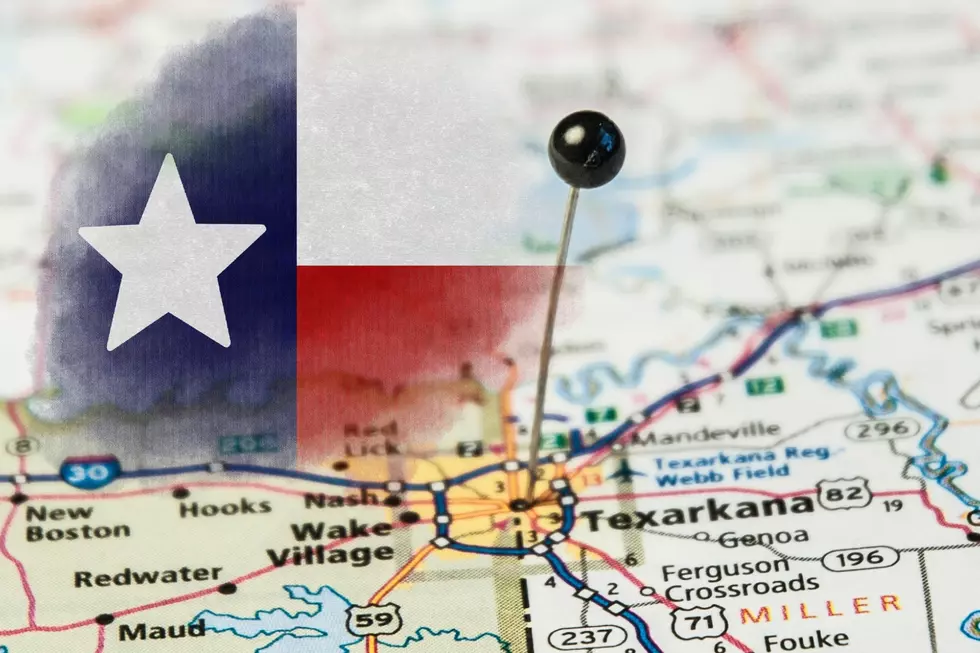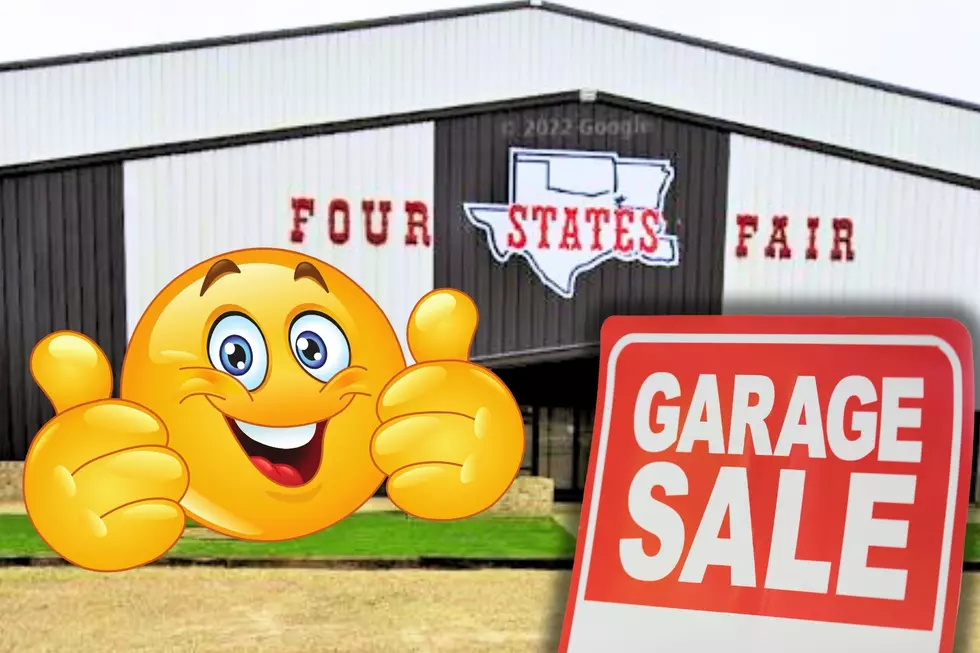
La Nina Is Back. What Does That Mean For Arkansas and Texas Weather?
What the heck is 'La Nina' and how will it affect our weather in Arkansas and Texas?
La Nina is a condition of the water temperatures in the Pacific Ocean. It means that the water temperatures are cooler than normal. This is the second year in a row for this to happen. So what doe it mean exactly when it comes to our weather?
As you can see in the picture the outlook for the winter for our area is to be a little drier than normal and for the temperatures to be slightly above normal. Keep in mind this was the forecast last year. We had these La Nina weather patterns last year and we all know what happened in February, tons of snow and frigid temperatures.
As you can see the jet stream is right over our area which means we will see some windy conditions and supposedly a little cooler and drier. Here is the kicker for me, if you look at my story a couple of months ago the Farmer's Almanac says it will be warmer and wetter this winter.
So what doe that mean for us in Texas and Arkansas? I say since this was the exact forecast for last winter. I would plan on seeing some snow late in the winter just like last year. But for October we are down in the average rainfall. So maybe the La Nina is holding true for now.
LOOK: The most expensive weather and climate disasters in recent decades
Answers to 25 common COVID-19 vaccine questions
More From Kicker 102.5









